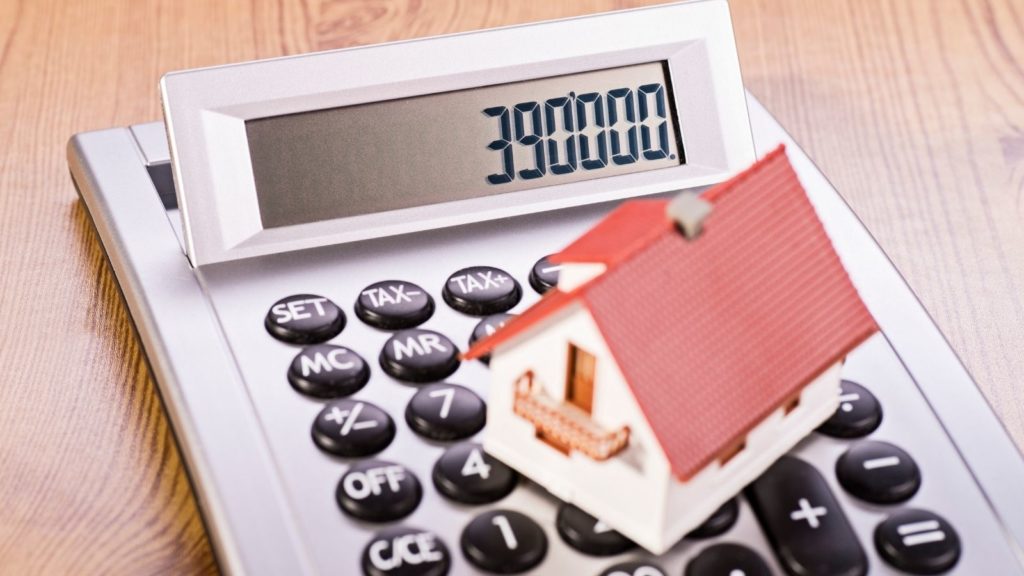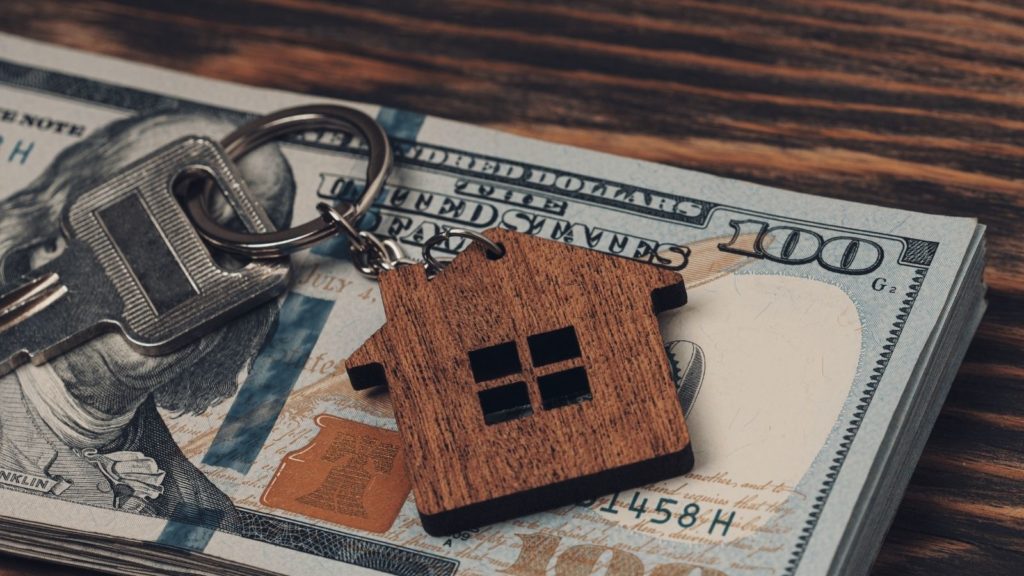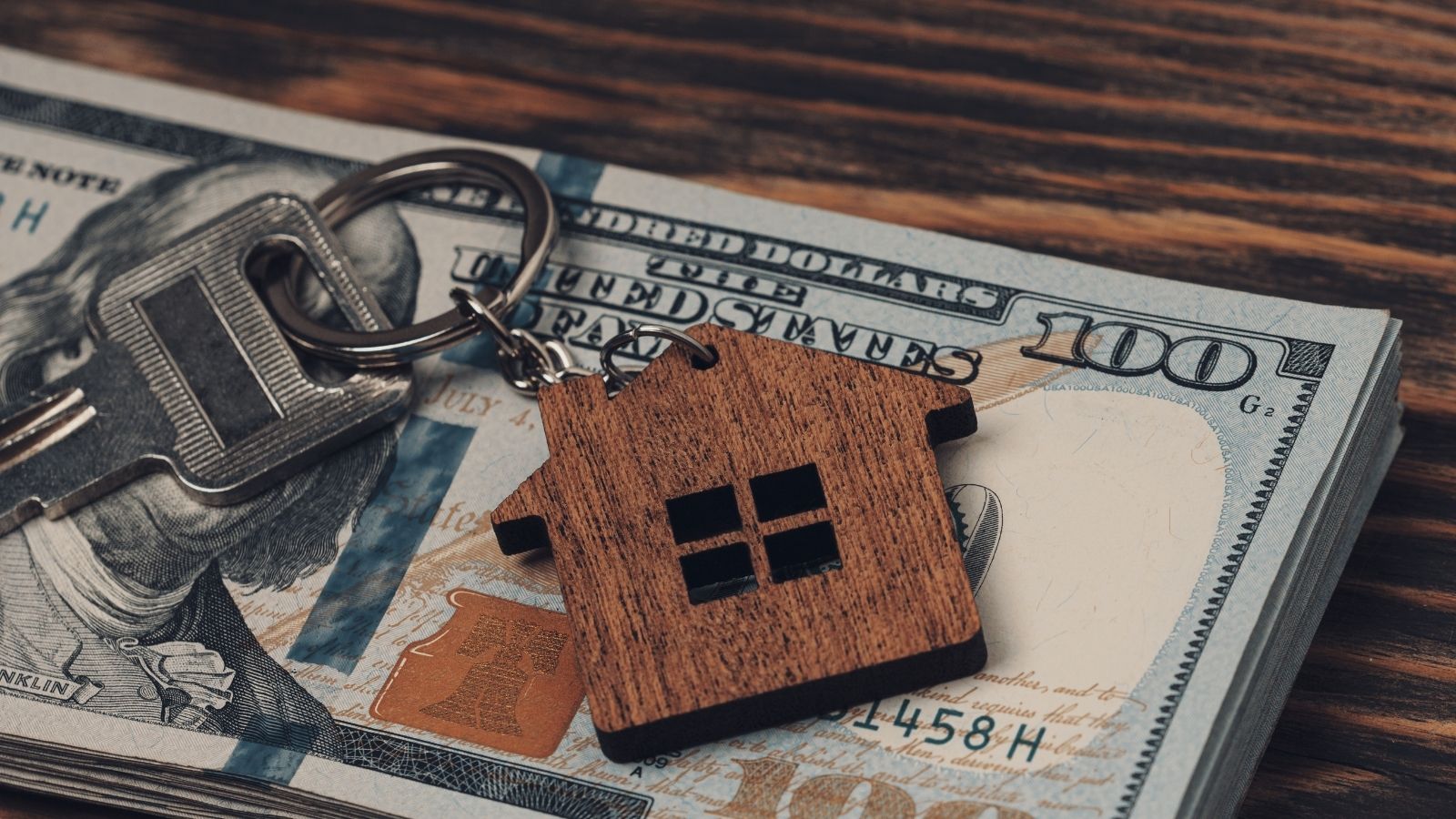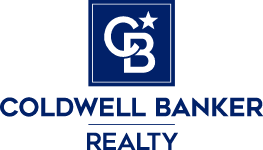If you’re buying your first house and don’t know what the term “closing costs” means, then you could be in for a bit of a shock. Closing costs will add an additional two to eight percent of your loan amount, above and beyond your down payment, due at the end of your transaction. Moreover, closing costs are usually paid out-of-pocket and are not typically covered in a buyer’s home mortgage loan.
As a first-time buyer, here’s what you need to know about closing costs.
What Are Closing Costs?
Closing costs is a term that encompasses the fees and expenses associated with the services and providers contributing to your real estate transaction. This includes things like appraisers, inspectors, surveyors, notaries, couriers, and more. Rather than paying all of these service providers individually throughout the sale, the amount is summed up and payable at closing.

How Much are Closing Costs?
You can anticipate closing costs to run between two percent and eight percent of the amount that you’re borrowing from the lender. On average, if you’re just playing with numbers and haven’t applied for your home mortgage loan yet, it’s safe to gauge estimated closing costs at five percent. If you’re buying a home valued at $350,000, at five percent, for example, your closing costs will be around $17,000, give or take.
Who Determines a Buyer’s Closing Costs?
For a more accurate estimate of closing costs, investigate multiple lenders. When you check-in for pre-qualification or pre-approval for a home mortgage loan, you’re provided with a list of estimated closing costs based on the amount of money you’re borrowing. If you get this list of estimated closing costs from at least three lenders, you’ll have an average rate and may even position yourself to be able to negotiate some of the fees.
The lender accounts for many of the fees such as an application fee, credit check fee, loan processing fee, underwriting fee, and more.

Three days before closing, your lender will provide you with a list of actual closing costs, which shouldn’t differ far from the original estimate. Compare the two carefully.
You may also be able to save some money on closing costs by choosing your own or your agent-recommended appraisers, inspectors, and other service providers. Check what the bank estimate lists the appraisal fee as and then see if you can get one cheaper.
Can Closing Costs be Rolled Into a Home Mortgage Loan?
Traditionally, buyers pay cash for closing costs. However, lenders are aware that not everyone has that kind of “extra” cash on hand to pay them. In these cases, lenders may be willing to envelop your closing costs into your loan. The catch to this is that you’ll pay interest on that money for the life of the loan, which is 30 years (sometimes 15). By incorporating closing costs into your loan, you’re paying thousands of dollars more over time.
Can Buyer Closing Costs be Negotiated with the Seller?
It’s not unheard of for a seller to compromise and pay a portion or all of the buyer’s closing costs to sweeten and close the deal. But that only works in some cases.
The seller also has a set of closing costs to pay, including the real estate agents, so whether or not they’ll pick up your closing costs, too, may depend on how much they pay for their own.

The current market trends also dictate when you can ask a seller to pay a part of your closing costs.
A buyer’s market is your best time to negotiate with sellers. A buyer’s market is when there are too many houses listed for sale and not enough buyers to buy them. When this happens, buyers have more power, and sellers have to create more incentives to buy, including paying some or all of the buyer’s closing costs. However, it’s best to use caution when negotiating in a seller’s market.
Additional Examples of Closing Costs
Lender Fees: These fees include all of the costs associated with processing your loan, from the time you apply until the time that you close.
Property Taxes: To ensure that property taxes are paid in a timely fashion, the lender requires you to pay several months in advance, which is held in an escrow account and paid on your behalf.
Homeowner’s Insurance: The bank requires that you maintain homeowner’s insurance. They collect a significant portion of it in advance, put it in the escrow account, and pay it when it comes due.
Additional Homeowner’s Insurance: If your home is located in a flood or fire zone, you may be required to have additional flood and fire insurance policies.
Private Mortgage Insurance: If you paid less than the standard twenty percent for your down payment, your lender would likely require you to have private mortgage insurance to protect them if you default on payments.
| Browse by Location | |
| Framingham | Natick |
| Wayland | Ashland |
| Southborough | Westborough |
| Hopkinton |
Title Search: The bank, to protect themselves and you, requires that there’s a check on the title for any liens or tax holds that would prevent the property from being legally sold.
Title Insurance: You’ll pay two sets of title insurance – one that protects you and another that protects the lender in the event that anyone contests the title.
Points or Prepaid Interest: Points in real estate are when you prepay a portion of your loan’s interest. Each point is equivalent to one percent of the loan amount.
Escrow Agent and Deposit: There’s an escrow agent who manages your escrow account as well as the signing of documents. You’ll pay for the agent’s services and the cost of maintaining the escrow account.
Real Estate Attorney: Not all states require it, and some buyers just prefer it, but there may be a real estate attorney involved with your transaction. If so, those fees will also be in your closing costs.
Your real estate agent is a wealth of knowledge about closing costs, how to save money and may be able to refer service providers such as lenders, appraisers, inspectors, surveyors, and more. Talk with your real estate agent about what buyer closing costs mean for you.
Have Questions? Ask Ethan!
Give Ethan Treglia a call today to learn more about local areas, discuss selling a house, or tour available homes for sale.


